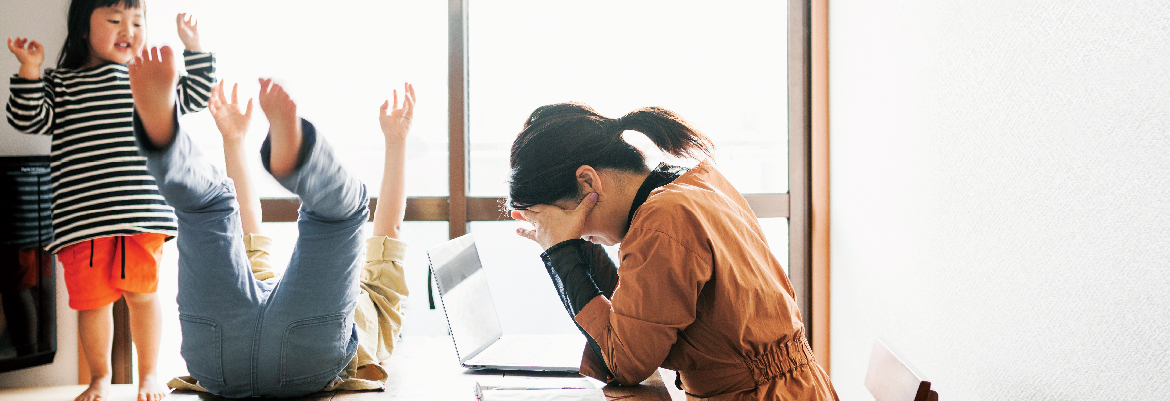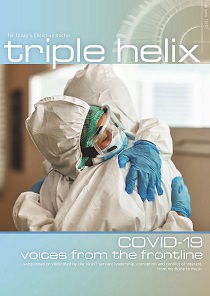I once heard exile defined as being 'not at home and not in control.' As I reflect on the last few months, the experience of COVID-19 has felt something like that. While most of us have remained physically 'at home' in our usual surroundings, nevertheless the familiar structures and routines of life have been disjointed and even demolished. It can feel like we've lost control, subject to government edicts, banished from corporate worship, and all the while dreading the lurking threat of an unseen menace.
But exile can be a time of refining and spiritual growth. As familiar and comforting props are swept away, we are thrown back onto a dependence on God alone. Encountering his love, we realise that we will not be consumed or destroyed because he is faithful and compassionate, and he will never allow us to face a trial without providing the means to endure it (1 Corinthians 10:13).
We have emerged from many of the restrictions, returning from exile if you will, but this can be a risky time. When the Israelites came out from exile and slavery in Egypt, they faced the dangers of the desert and hostile nations.
Many of the threats persist, especially the gnawing uncertainties that can so easily wear us down. But God met the Israelites at Sinai, adopting them as his people. We can be sure that God has these times in his hands, and he will bring great blessing out of them. Indeed, he already has. He is always at work; his kingdom always advancing.
Whenever we feel 'not at home and not in control', let us look for signs of his love, his compassion, his mercies. They are all around us. And they are fresh every morning. And be assured, we will not be consumed. When we take our eyes off the things that are happening around us and look to him, when we are determined to trust in his goodness and the truth of his word, then the God of hope will fill us with joy and peace, and we will abound in hope (Romans 15:13).
Jeffrey Stephenson is Consultant in Palliative Medicine on the South Coast































